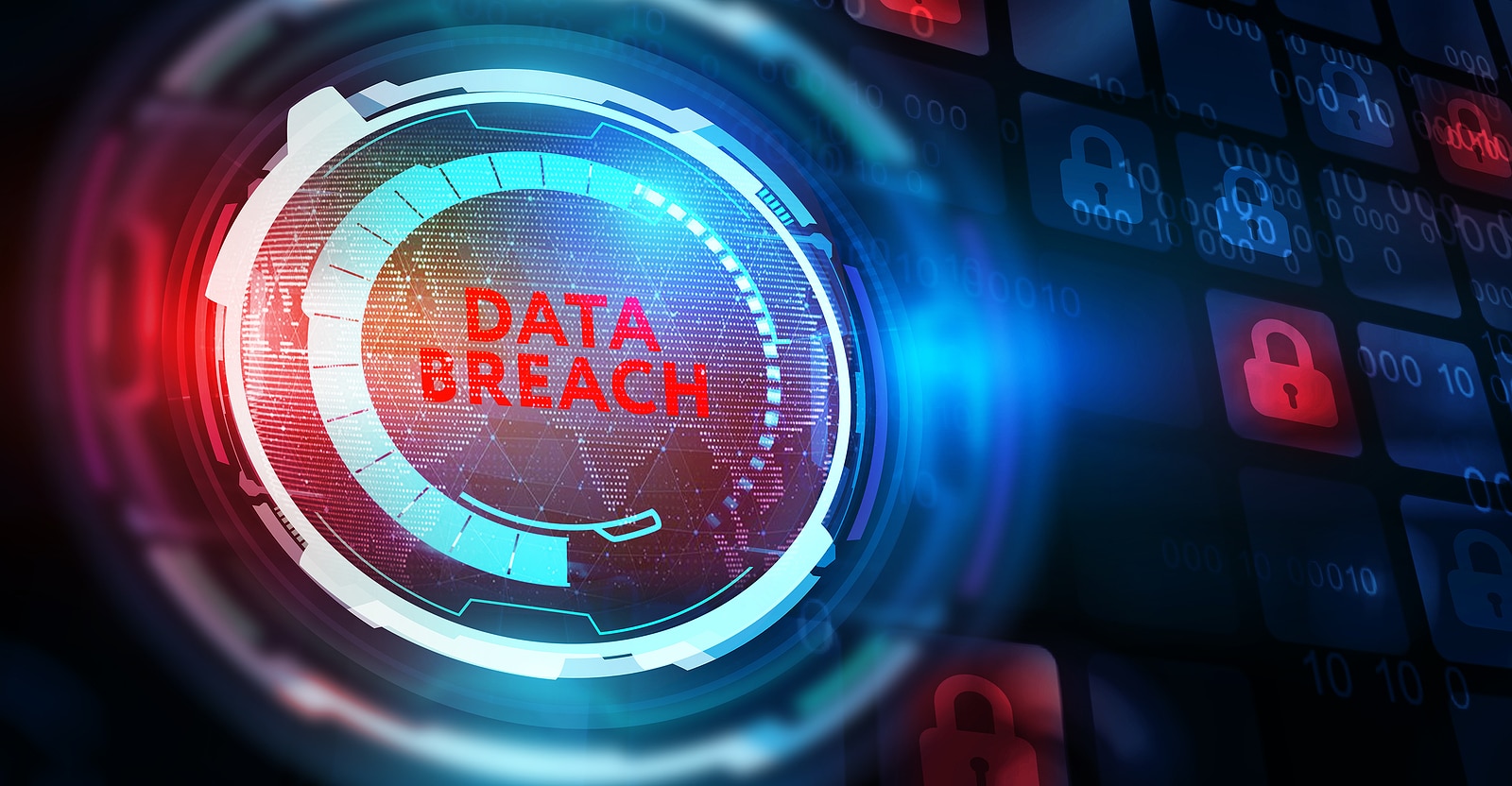Maximizing Cyber Security through Advanced Data Destruction Methods
The Crucial Nature of Information Damage in Upholding Computer System Protection Solutions and Protecting Versus Unauthorized Gain Access To
In an era where information breaches and identification burglary are increasingly prevalent, the value of efficient information damage can not be overemphasized. Organizations should identify that the failing to properly deal with sensitive details presents not only lawful and monetary threats however likewise a prospective disintegration of client trust. Different approaches, from information cleaning to physical destruction, function as critical safeguards versus unauthorized gain access to. However, understanding the effects of data damage practices and compliance with regulations raises essential questions concerning the competence of existing techniques and their long-term feasibility in the face of advancing risks.
Importance of Data Damage
In a significantly electronic world, the value of information destruction can not be overstated. As organizations accumulate substantial amounts of delicate details, the possible effects of falling short to effectively take care of and get rid of of that information end up being significantly severe. Information violations, identification burglary, and company espionage pose significant threats, underscoring the necessity of effective data damage methods.

Furthermore, as modern technology advances, so too do the methods by which harmful stars look for to make use of delicate details. Organizations needs to continue to be aggressive and watchful in their data devastation techniques to protect versus these evolving hazards. By focusing on data devastation, business not only secure their possessions but also foster depend on among stakeholders and customers, showing a dedication to liable information monitoring and protection practices.
Techniques of Effective Information Devastation
To ensure the irreversible and total damage of delicate data, organizations can utilize a selection of effective methods tailored to their particular requirements. One of one of the most typical approaches is information cleaning, which includes utilizing specialized software application to overwrite existing information multiple times, making recovery practically difficult. This is particularly valuable for tough drives and solid-state drives, where conventional removal methods are inadequate.
An additional efficient method is degaussing, which utilizes solid magnetic fields to disrupt the magnetic domains on storage media, rendering the data irretrievable. This technique is specifically suited for magnetic storage devices, such as disk drive and hard drives.
Physical damage is additionally a viable option, entailing the shredding, squashing, or incineration of storage gadgets. This technique warranties that data can not be recovered, making it optimal for organizations dealing with highly delicate details.

Conformity With Information Defense Regulations
Organizations need to not just focus on efficient information damage approaches however also make certain conformity with information defense policies that govern just how sensitive information is managed and dealt with. Sticking to these regulations is important for maintaining and securing personal data client trust. Rules such as the General Data Protection Regulation (GDPR) in the European Union and the Health And Wellness Insurance Policy Portability and Responsibility Act (HIPAA) in the United States enforce rigorous guidelines on information monitoring, that include needs for the protected disposal of sensitive info.
To achieve compliance, companies have to carry out thorough information devastation policies that align with these legal frameworks. This consists of determining data that requires destruction, establishing methods for safe and secure methodsâEUR" such as shredding physical media or utilizing software program that fulfills market standards for information wipingâEUR" and keeping comprehensive documents of devastation activities. Regular audits should be performed to make you could look here sure adherence to these policies and to identify any possible areas for improvement.
Failing to abide by information security guidelines can result in substantial lawful ramifications, including substantial fines and damage to a company's credibility. Therefore, integrating conformity right into data destruction methods is not only a lawful responsibility however likewise a crucial element of a durable info safety and security strategy.
Effects of Poor Information Handling
Poor data handling can result in extreme repercussions that prolong beyond instant functional problems. Organizations might encounter considerable economic losses due to data violations, which frequently cause costly remediation efforts, lawful charges, and regulative penalties. These economic implications can strain resources and impede development, ultimately affecting an organization's profits.
Moreover, poor data handling can drastically harm a company's reputation. Partners, stakeholders, and consumers might shed rely on an entity that fails to shield sensitive info, leading to reduced consumer commitment and prospective loss of organization opportunities. This erosion of trust fund can take years to restore, if it can be recovered at all.
Additionally, companies can encounter lawful implications developing from non-compliance with information defense regulations. Such offenses might lead to investigations and charges, compounding the monetary problem and additional tarnishing the company's picture.
In the realm of cybersecurity, inadequate information administration methods can produce vulnerabilities that make systems extra prone to unauthorized accessibility and cyberattacks. Eventually, these repercussions underscore the critical significance of applying durable data managing treatments to protect delicate info and maintain organizational integrity.
Ideal Practices for Secure Data Disposal


Firstly, data must be identified according to its sensitivity. Sensitive information requires much more extensive disposal approaches, such as shredding physical documents and utilizing advanced software program for digital data cleaning. Utilizing qualified information destruction solutions makes certain conformity with sector policies and requirements.
Second of all, organizations must carry out an information disposal policy that mandates regular audits. This policy needs to describe the procedures for data retention and destruction, making certain that out-of-date data is dealt with quickly and safely. Training workers on these procedures is necessary to Look At This fostering a culture of safety and security recognition.
Finally, keeping thorough documents of disposed data boosts liability and gives a clear audit path. This paperwork should include the kind of data damaged, the method used, and the day of disposal.
Verdict
Embracing robust techniques such as data cleaning, degaussing, and physical devastation, alongside compliance with guidelines like GDPR and HIPAA, is vital for securing delicate helpful hints information. Disregarding correct information disposal techniques can lead to extreme effects, including data breaches and legal effects.
In an era where data breaches and identity theft are progressively common, the value of efficient data devastation can not be overstated. data destruction. Data violations, identification theft, and corporate reconnaissance position substantial hazards, highlighting the requirement of effective information damage practices
Conformity with laws such as GDPR and HIPAA requireds that organizations implement rigid data defense steps, consisting of the protected destruction of information at the end of its lifecycle.
By prioritizing data devastation, companies not just protect their assets however additionally foster depend on among clients and stakeholders, showing a dedication to liable information administration and safety techniques.
Organizations need to not just concentrate on reliable data destruction methods but additionally ensure conformity with data defense regulations that regulate how sensitive info is managed and disposed of.